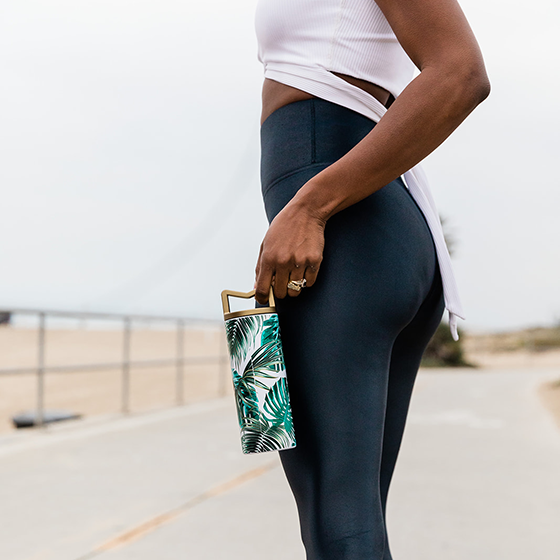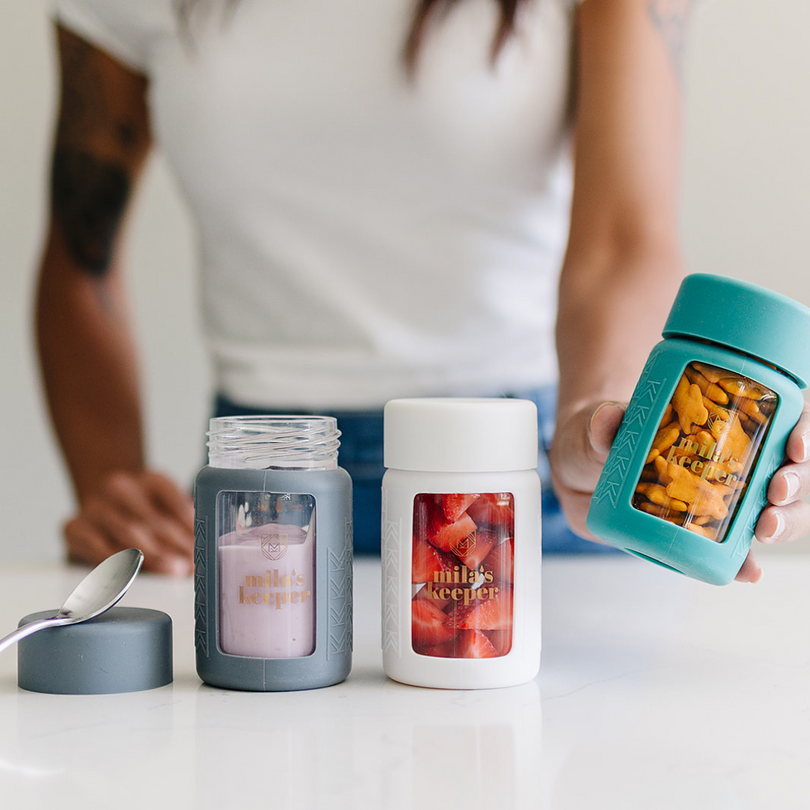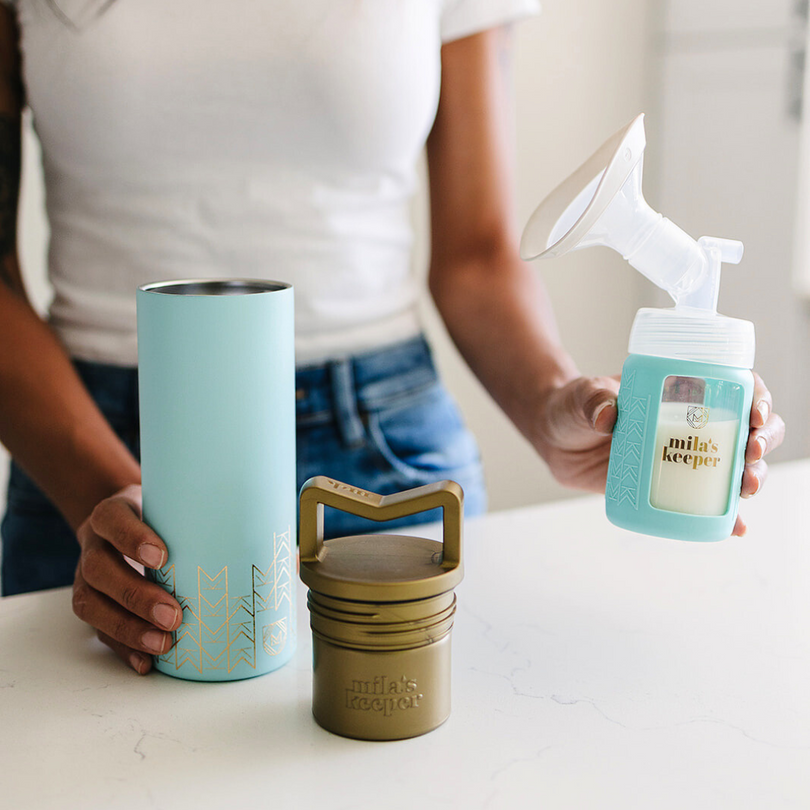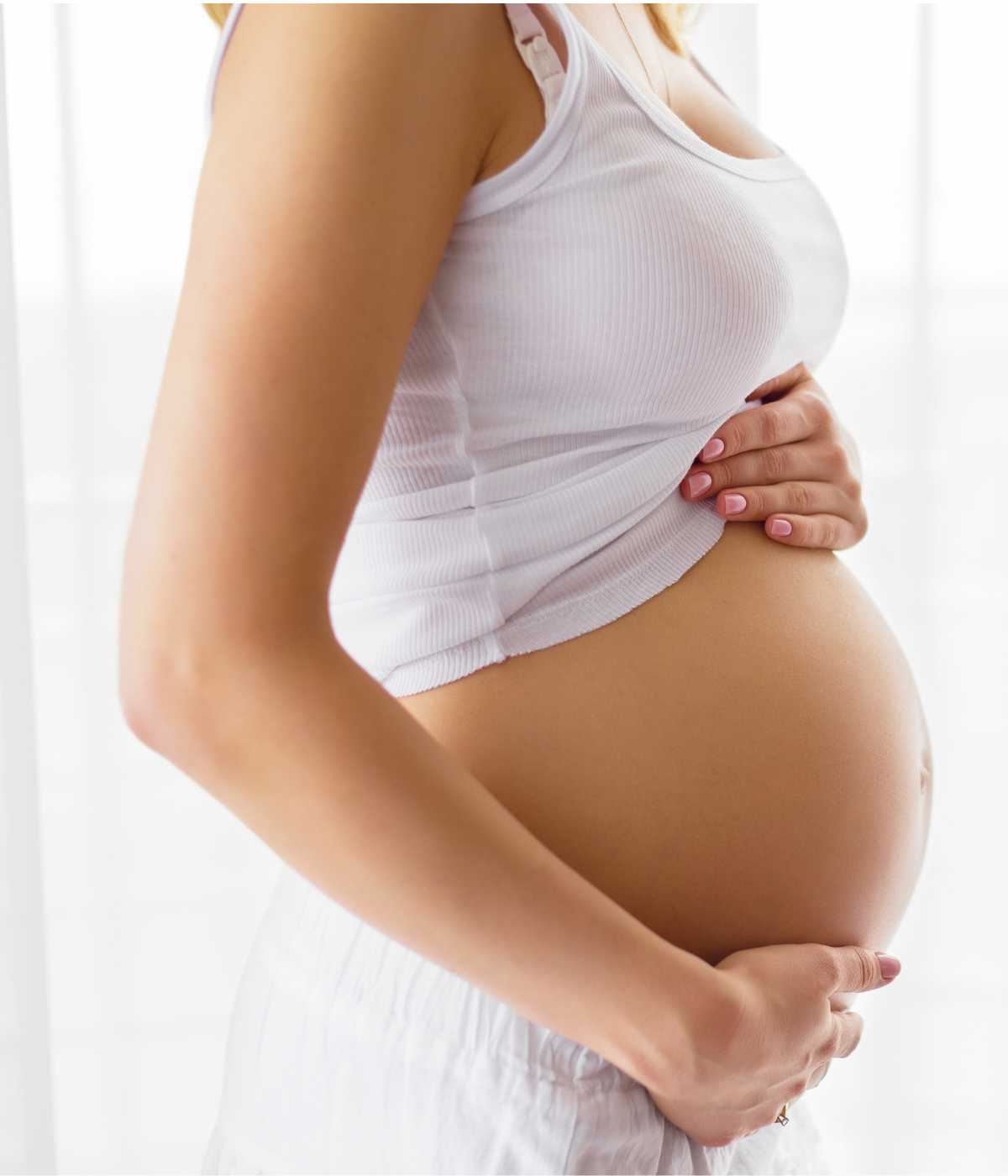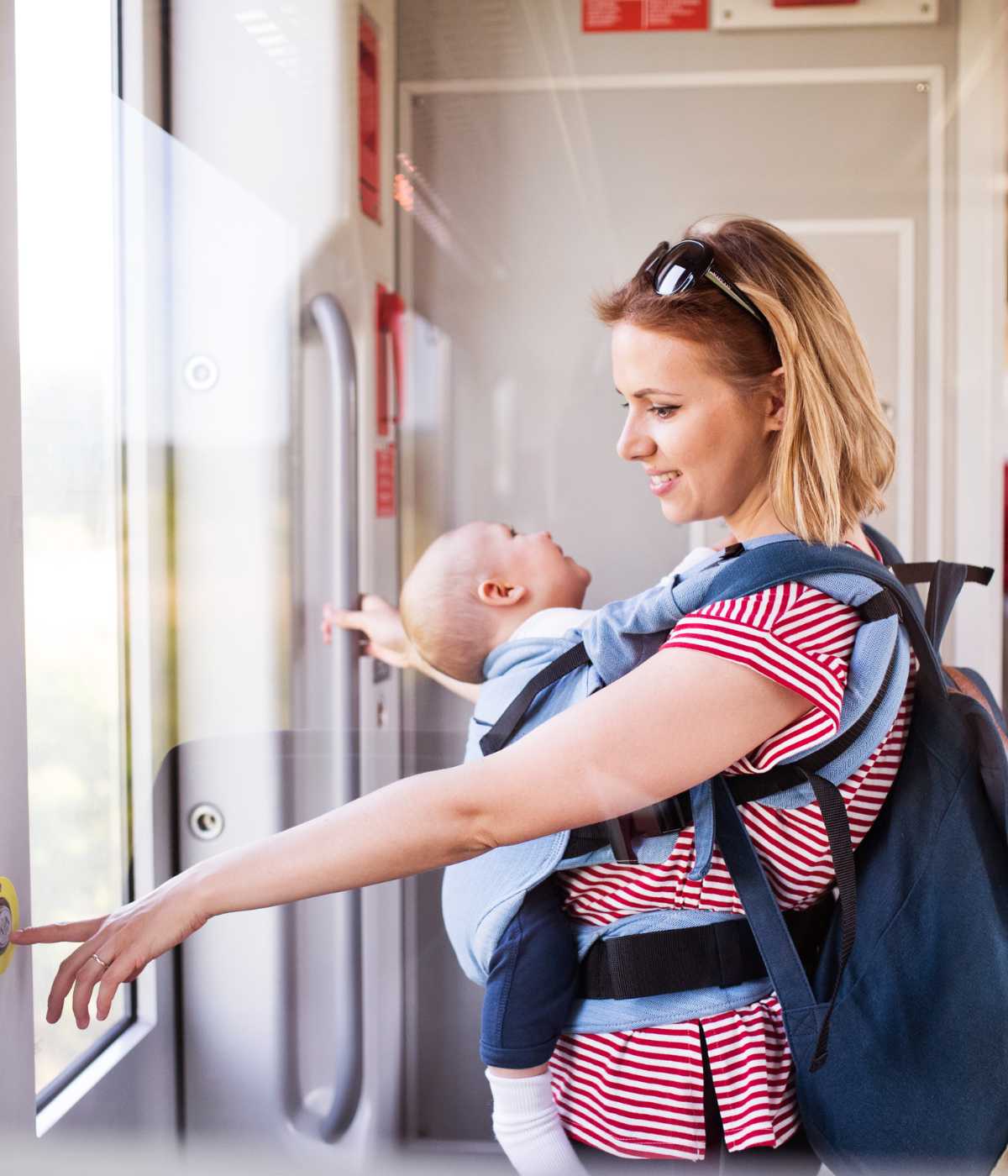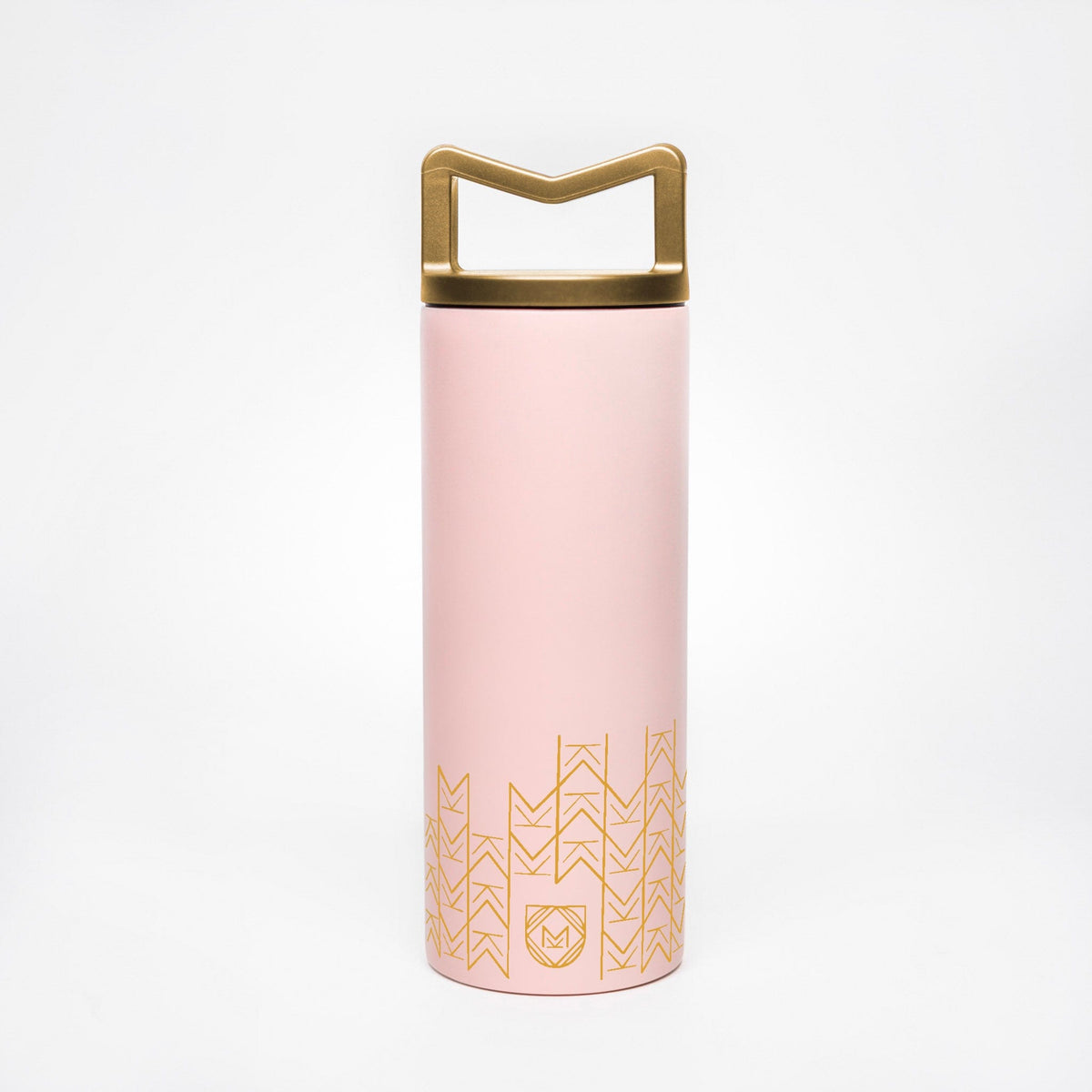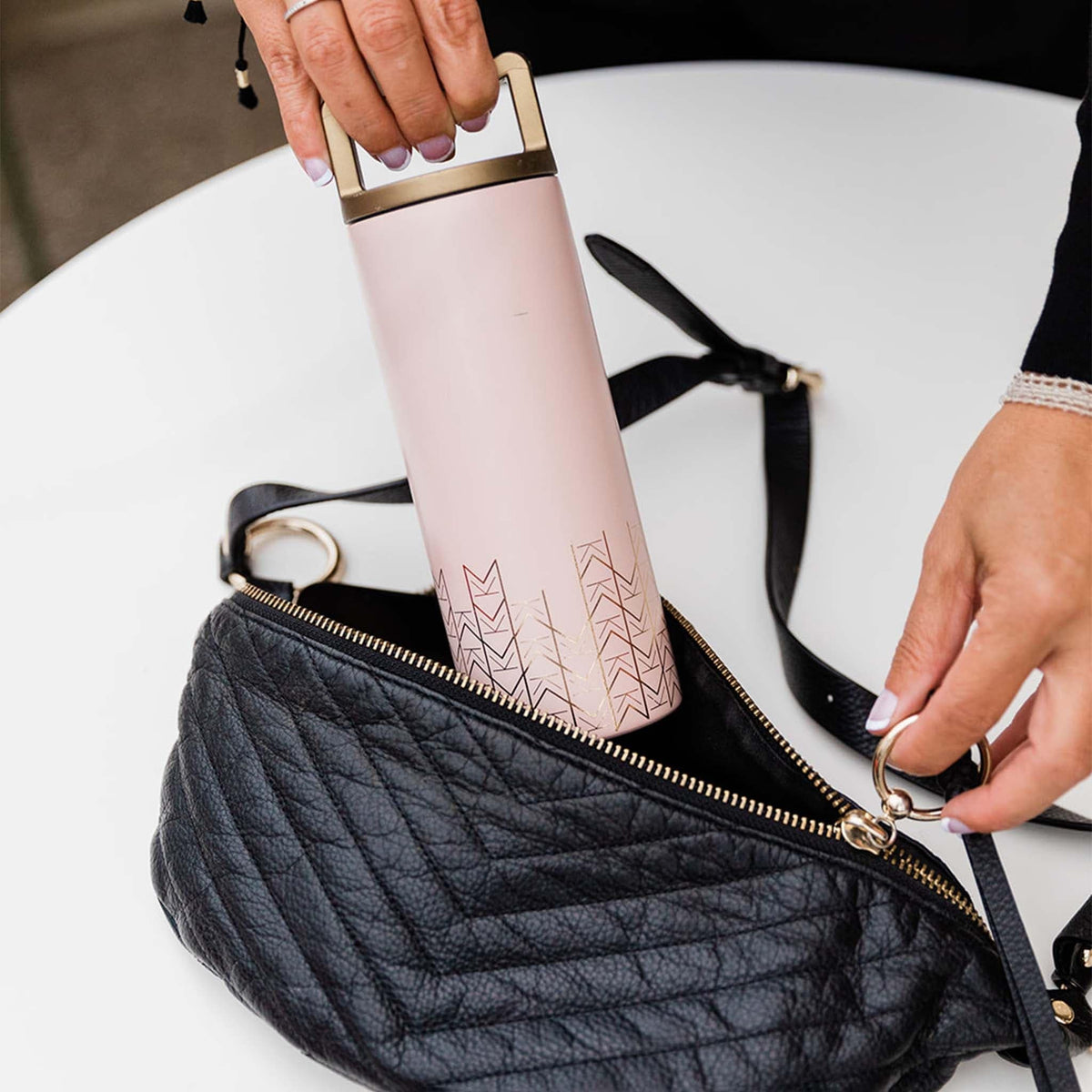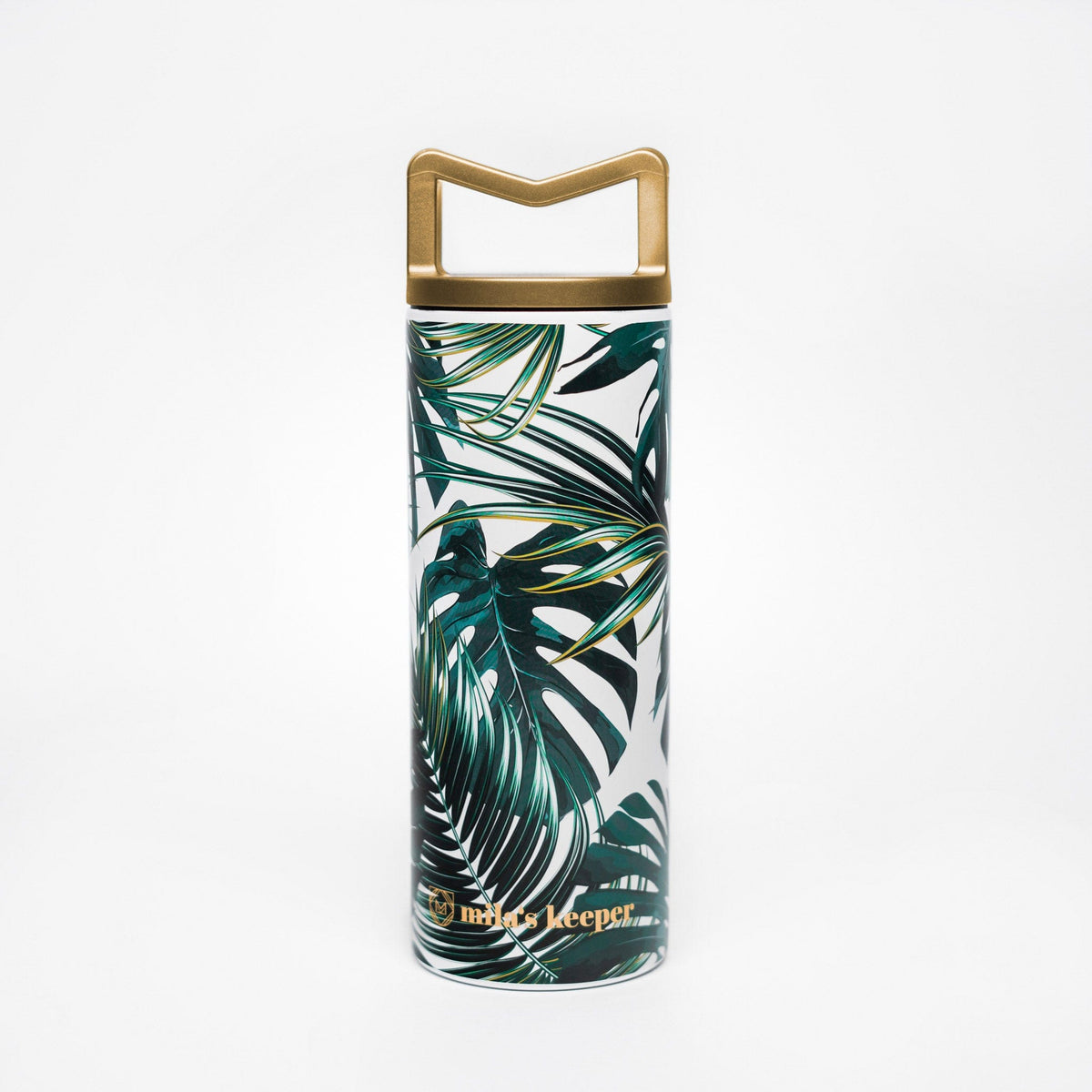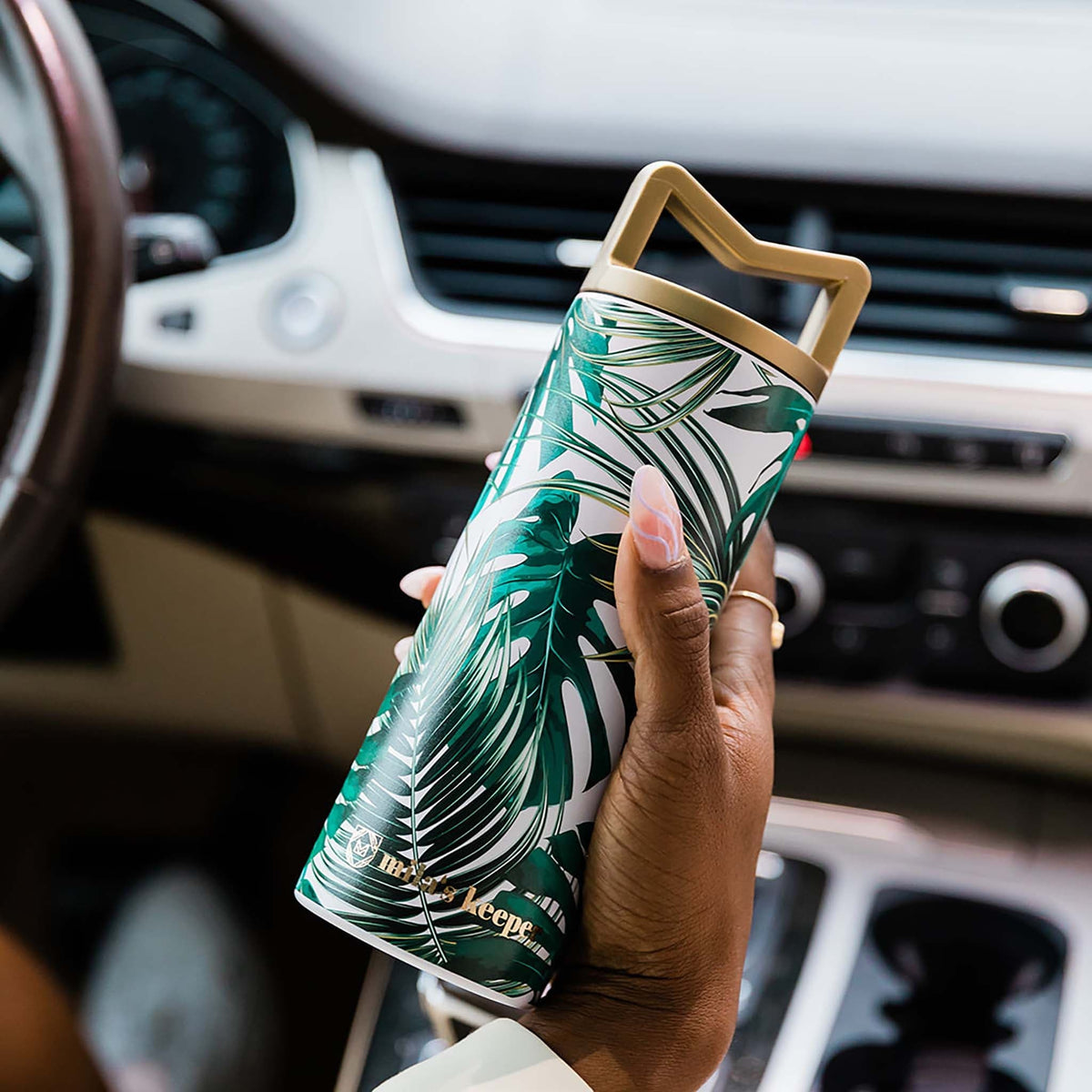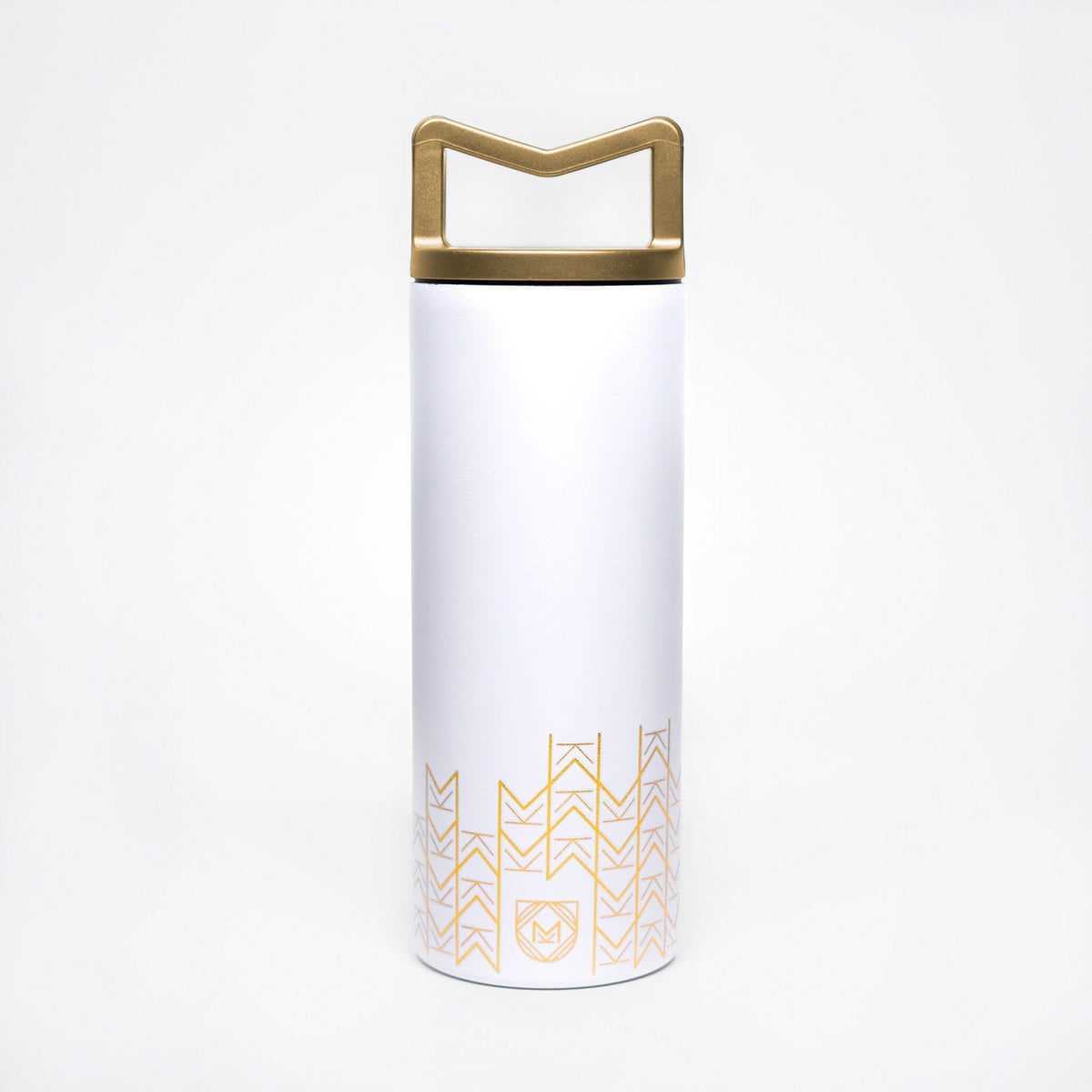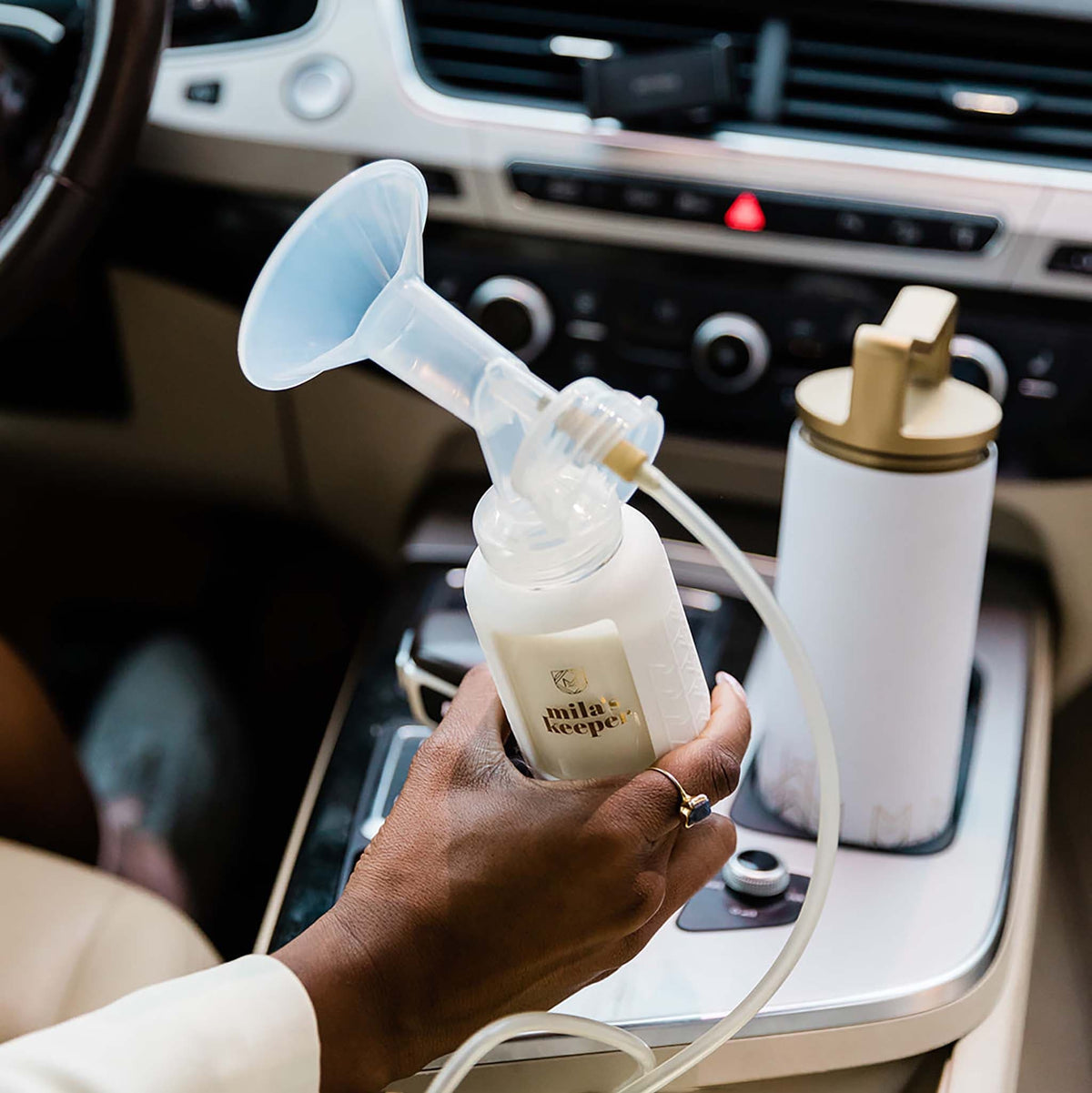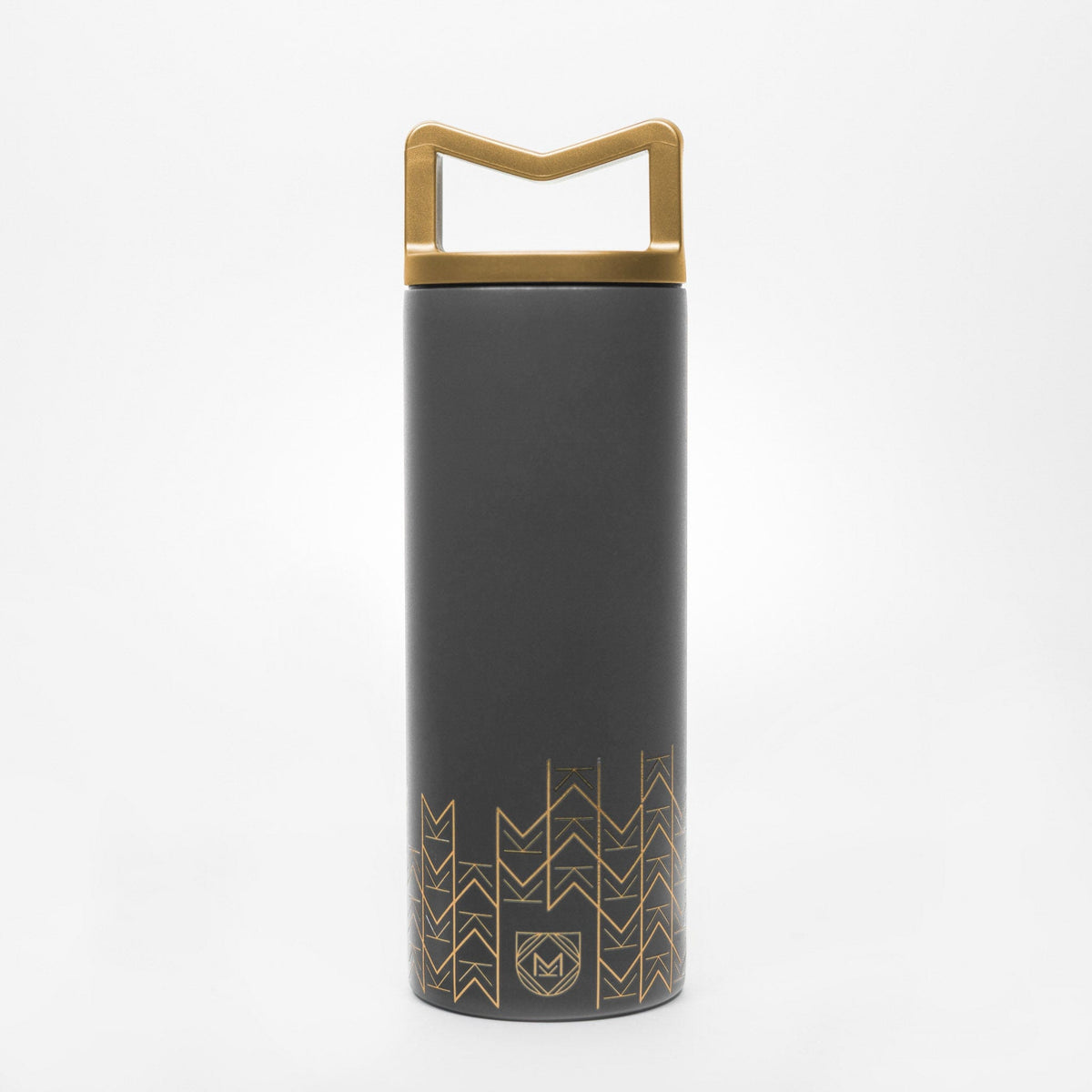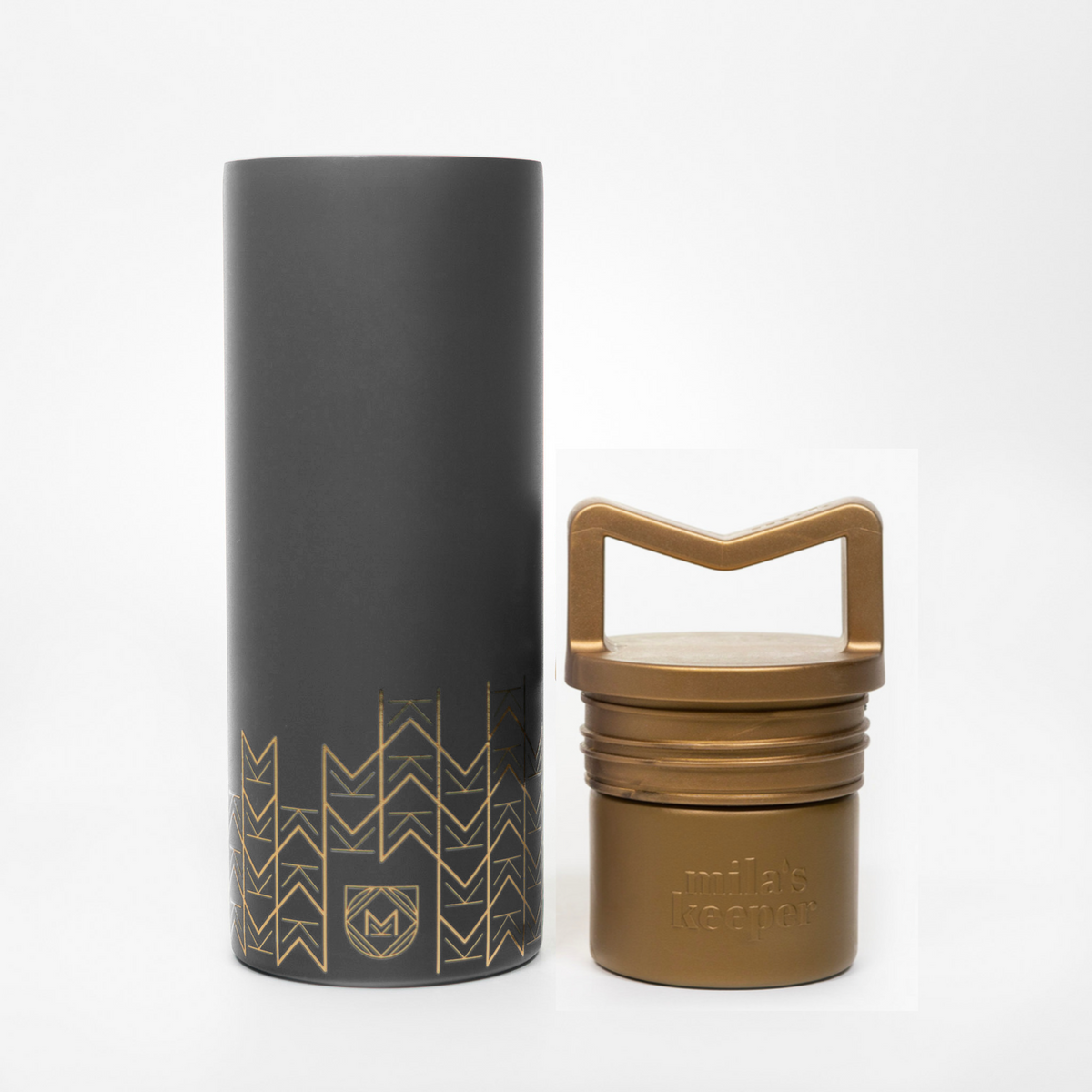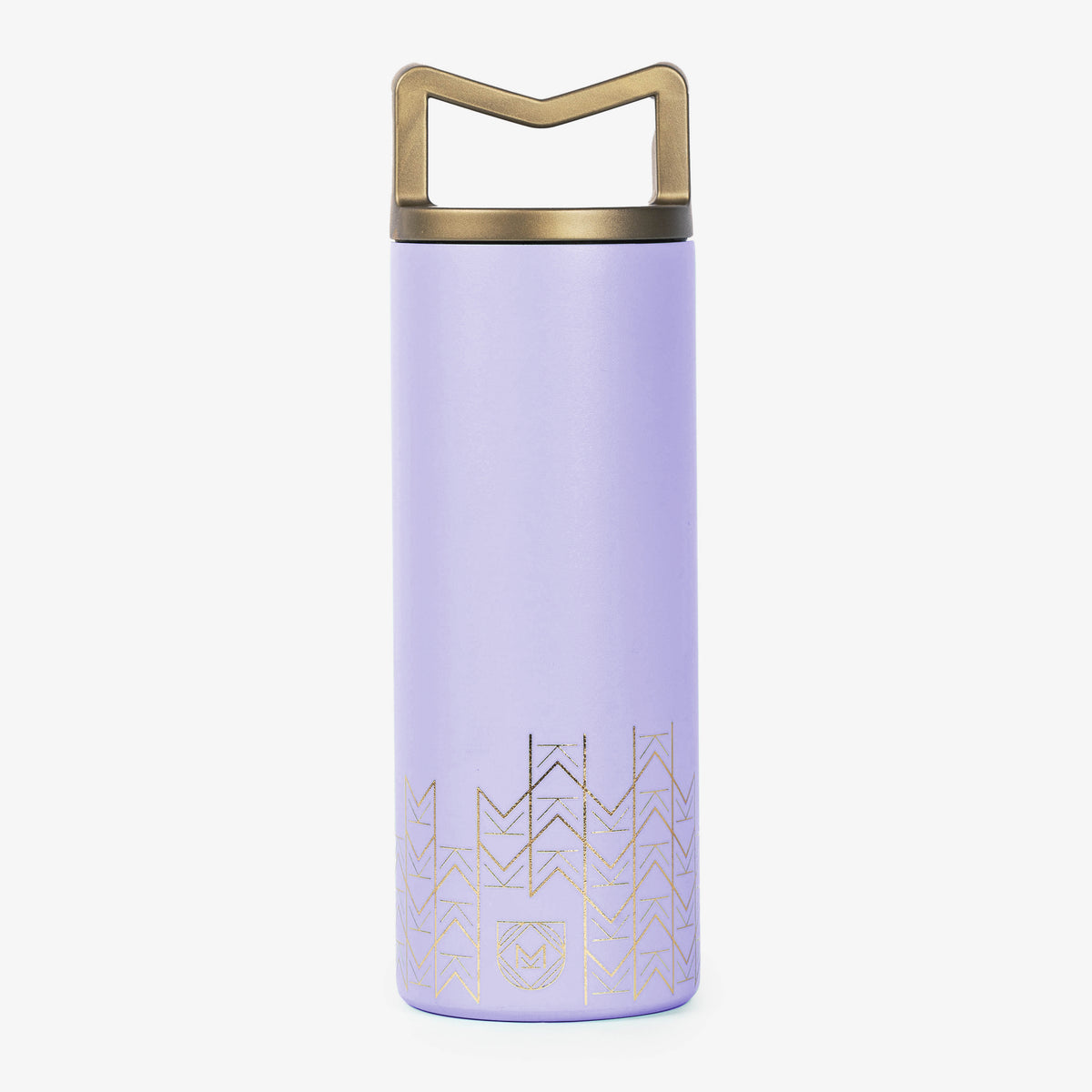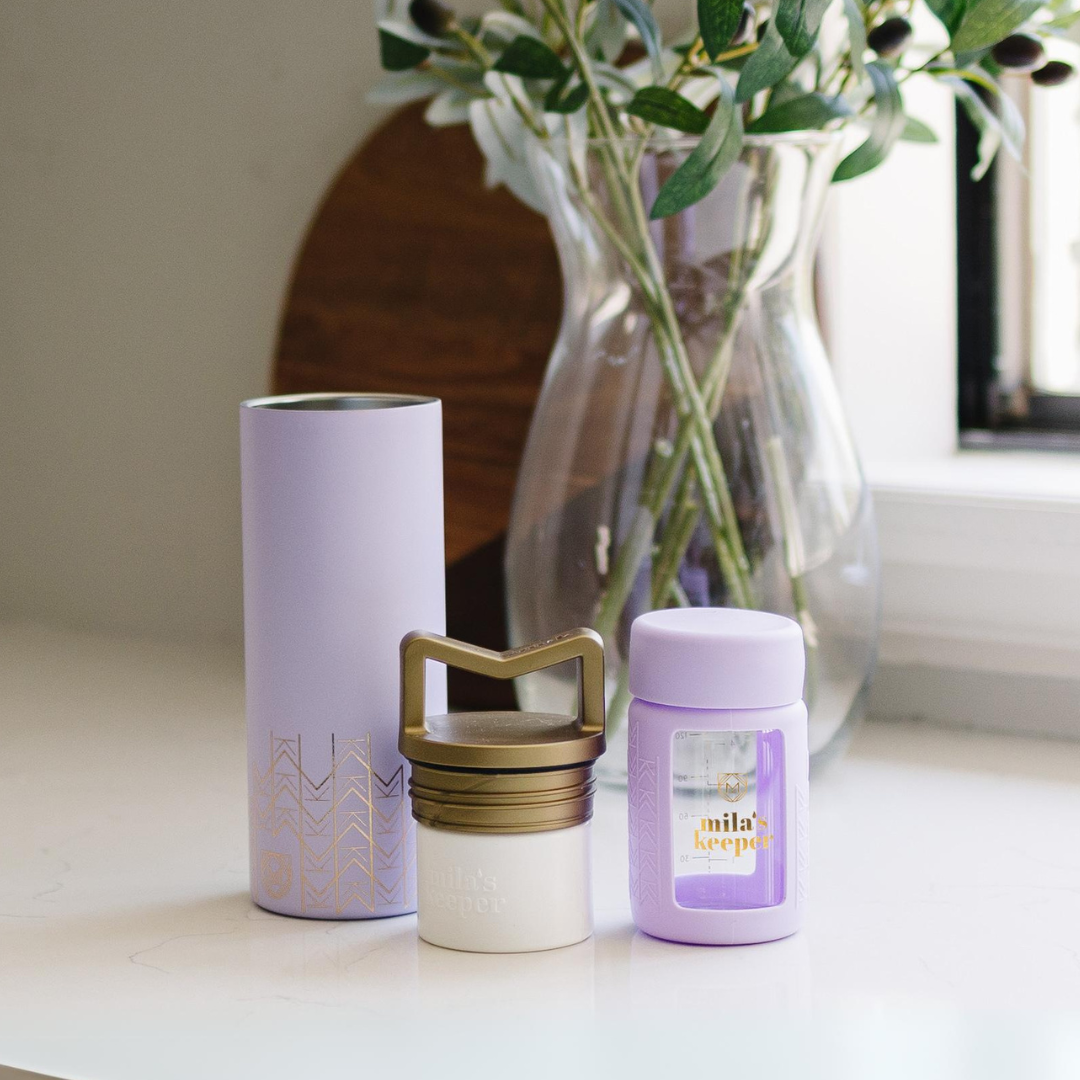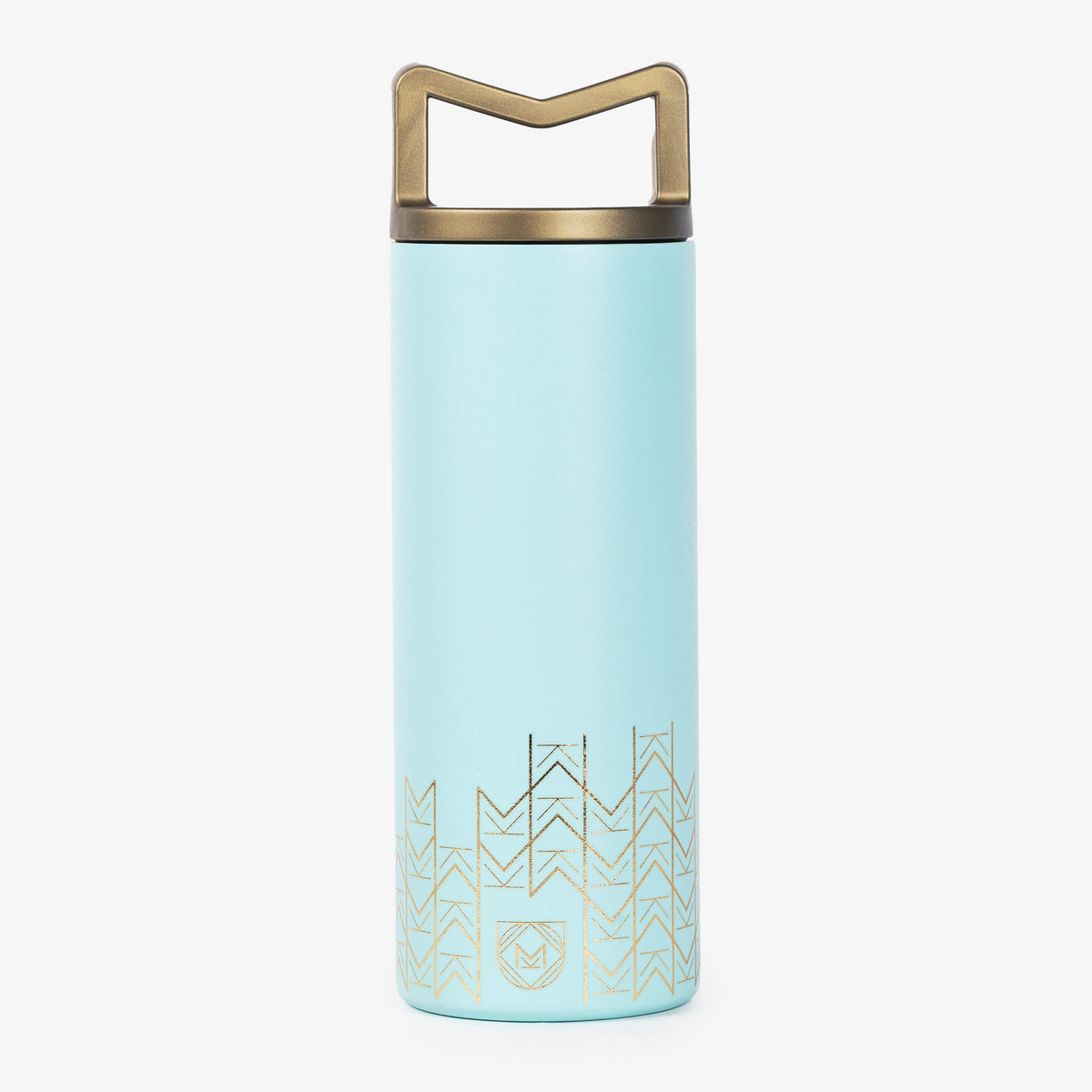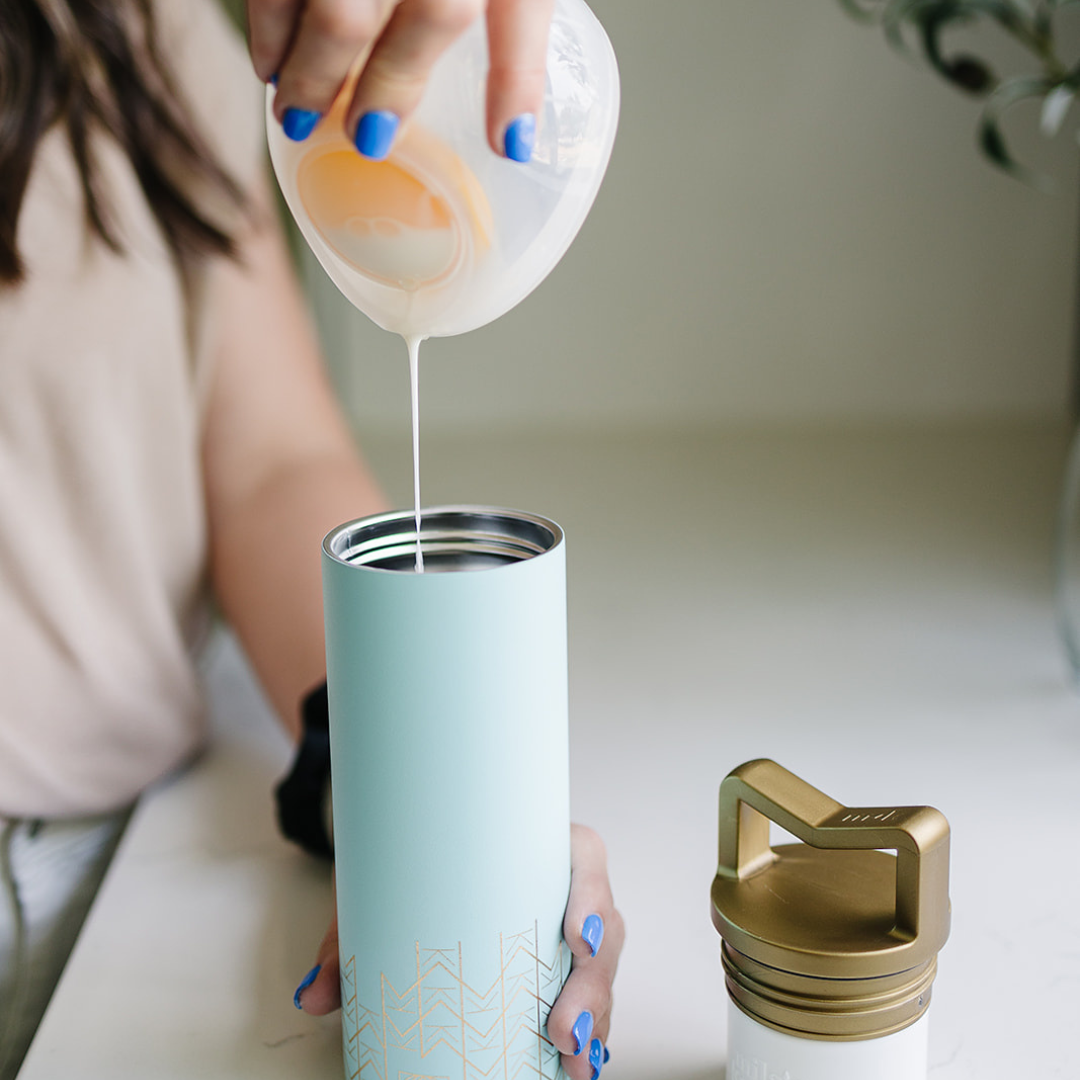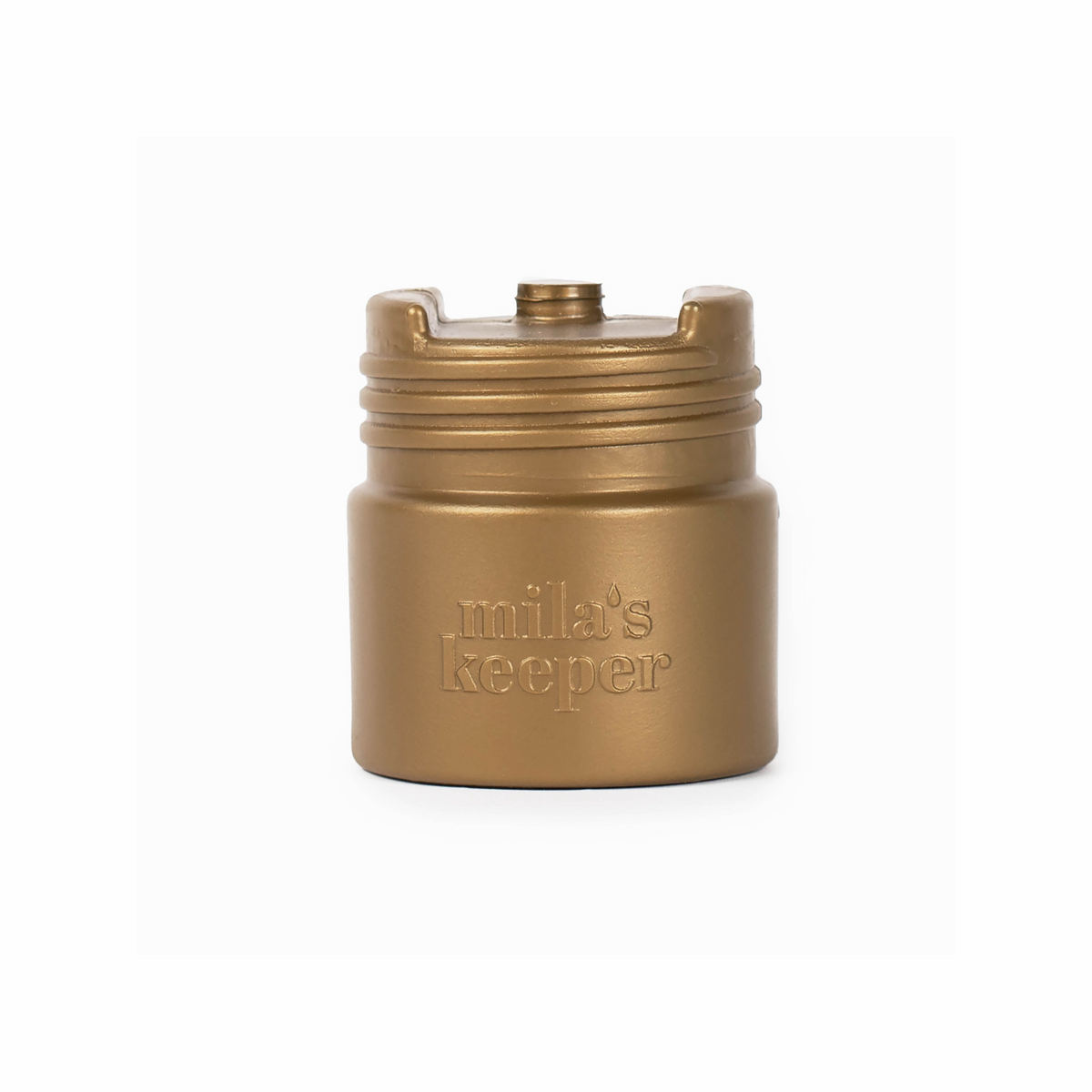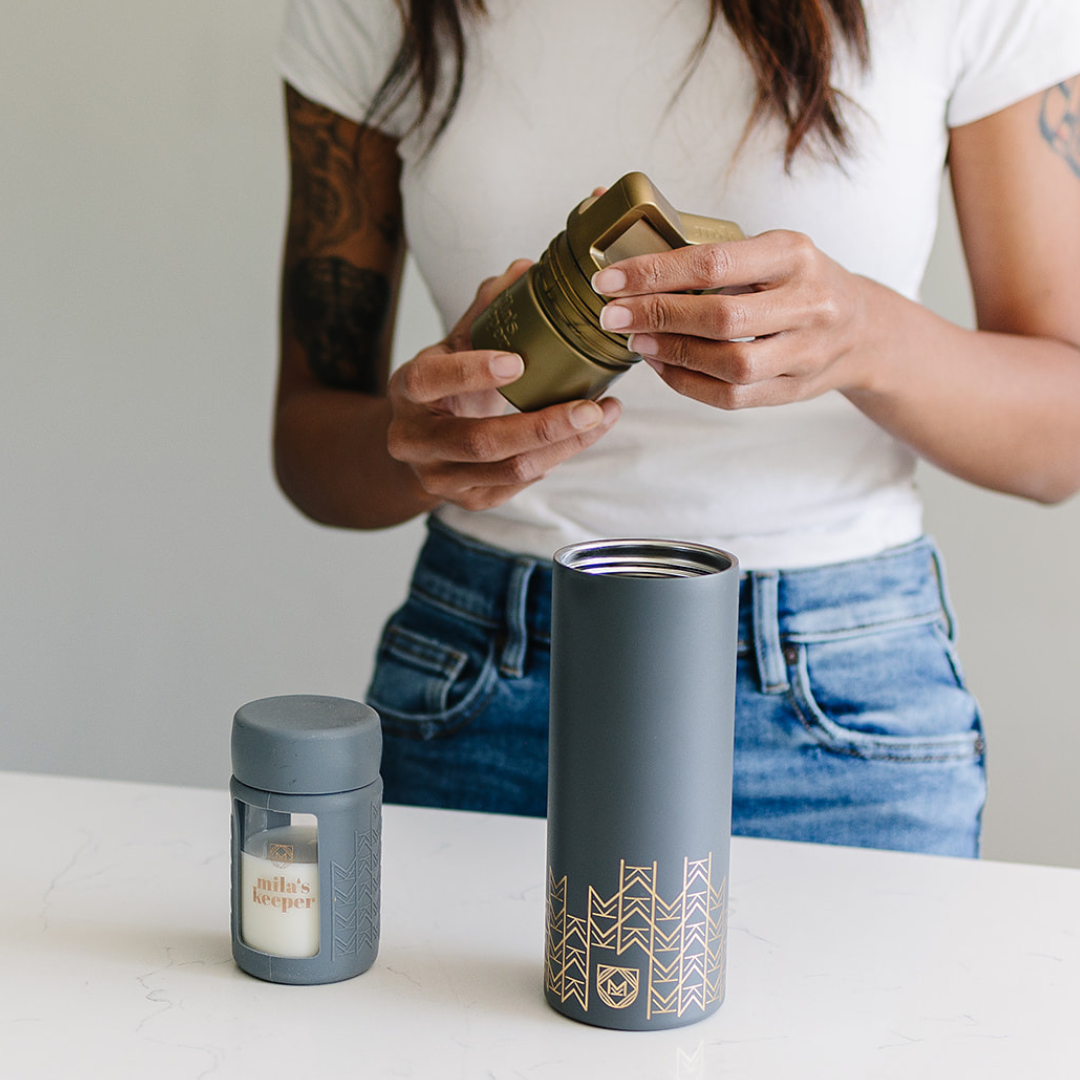Parents have a lot to do before the birth of a baby, and immediately following. You’ll spend a lot of time getting your home baby-proofed, setting up the perfect nursery, and getting yourself mentally prepared.
Of course, preparing for a baby involves aspects on multiple fronts. You’ll have a range of decisions to make, whether financial, practical, technical, or even emotional. And if you’re like most of us, you’ll have more questions than answers, and more answers than questions given that there are so many sources out there, and so many different opinions. Here at Mila’s Keeper, we know how busy you mamas are and we’re trying to answer some of those important questions you have.

Some of your initial questions upon discovering that you’re pregnant might be about your maternity plan or when to start maternity leave. You’ll be thinking about whether or not to breastfeed- what the benefits of breastfeeding are, and how it even works!
Here in the U.S., one of your first thoughts may be about the cost. According to a recent 2022 study done by the Kaiser Family Foundation, it costs on average $19,000 for pregnancy and childbirth costs alone. Eighty-five percent of this costs are typically covered by insurance. This however leaves an estimate of $3,000 on average out-of-pocket expenses. Therefore big part of determining the cost of your pregnancy will be your health insurance plan.
While you’re looking into what is covered under your health insurance plan, you might also think about the ways in which your FSA (Flexible Spending Account) or HSA (Health Savings Account) can contribute to lowering the cost of having a newborn.
What if you don’t have an HSA or FSA? Are you eligible, and would now be a good time to enroll in one? Keep reading and we’ll answer some questions you might have about HSAs and FSAs in this article and the ways in which they can benefit you.
Use this information as a reference, but please visit IRS.gov for the latest updates, or check with your HSA/FSA administrator or health insurance provider to confirm the information provided.

What are HSAs and FSAs, and what’s the difference between them?
An HSA or FSA allows you to pay for qualified medical expenses with tax-free dollars that you have contributed to your accounts.
According to this video by HSA Bank, HSAs are funded with tax-free dollars and used to pay for items not covered by your health insurance. HSAs are portable, so you can take your HSA with you if you change jobs or health insurance plans. Moreover, any money left at the end of the year rolls over.
Forbes.com describes FSAs as a great savings tool to effectively pay for qualified out-of-pocket health care expenses. In essence, the FSA is a tax-advantaged savings account established by your employer that allows you to set funds aside for yourself, your spouse, or dependents.
Since it’s your employer that sets up the account, if you leave your job you’ll lose your FSA funds. Additionally, FSAs have a "use it or lose it" provision, which means that any money remaining in your account at the end of the plan year will be forfeited. Some plans, however, will offer a grace period of around two and a half months, so be sure to check on that.
Who qualifies for an HSA or FSA?
According to HealthCare.gov, you may qualify for an HSA if you have a High Deductible Health Plan (HDHP)- generally a health plan (including a Marketplace plan) that only covers preventive services before the deductible.
The Minimum Deductible for an HDHP in 2023 will be $1,500 for a single plan and $3,000 for a family plan with Maximum Out-of-Pocket expenses $7,500 for a single plan and $15,000 for a family plan.
Unlike an HSA, FSAs are not something you can set up on your own and must be offered through an employer’s benefits package. Employers can contribute to your FSA, but are not required to do so.
What purchases can you use your HSA or FSA funds for?
In regards to these accounts, the specifics and eligibility of these funds can be confusing. Internet searches on HSAs and FSAs will likely lead you down a rabbit hole of particular cases, strategies, and descriptions that might leave you with more questions than answers!
The IRS has provided guidelines that vary greatly in common interpretation, some seemingly decided case by case. Below we’ve gathered a list of things we think can be included as eligible costs, but again, it is always a good idea to check with your HSA or FSA administrator to confirm whether a specific expense is eligible for reimbursement.
Under the Internal Revenue Service (IRS) guidelines, qualified medical expenses for HSAs and FSAs include expenses that are “incurred for the diagnosis, cure, mitigation, treatment, or prevention of disease, or for the purpose of affecting any structure or function of the body.”
In the last couple of years, the eligible costs for HSA/FSA funds have expanded to include more costs previously not covered. Many of these changes benefit parents and women specifically. Some you might expect to see included, while others are quite surprising!
According to CNBC.com, thanks to the Coronavirus Aid, Relief and Economic Security(CARES) Act, you can use your FSA or HSA funds to buy over-the-counter medications without a prescription, like Tylenol and other pain relievers, heartburn medications, allergy relief and more. You can also use your funds for feminine care products, including tampons, pads, liners, cups, sponges, etc., for the first time.
And don’t forget about family planning! HSA funds can be used for various methods of prescribed birth control, including pills, vaginal birth control rings, IUDs, contraceptive patches, condoms, sterilization, and/or vasectomy expenses.
Funds from an HSA or FSA can be used to pay for all or part of a legal abortion.
Maybe you’re trying to get pregnant? How can your HSA or FSA benefit you with that?
You can also include your pregnancy test kits as eligible expenses, along with fertility monitors like ovulation tracking tools!
Also included? Some expenses related to infertility. Your HSA/FSA funds cover procedures such as in vitro fertilization (including temporary storage of eggs or sperm).
Costs for vasectomy reversals are considered to be eligible expenses, as well as tubal ligation reversals.
Costs associated with surrogacy are a bit of a gray area, but costs incurred by a surrogate probably won’t be covered, since your accounts only cover costs attributed by you, your spouse or your dependents.

You’re pregnant! What related costs are eligible for HSA or FSA funds?
When you’re expecting a baby, trips to the Doctor will become more frequent. Thankfully you can use HSA/FSA funds to cover things like deductibles, copayments, and coinsurance.
Also eligible costs? All those lab fees that can come out of nowhere!
If you’ve already paid for these costs without using funds from your HSA/FSA, turn in receipts and get reimbursed.
If you plan to breastfeed and think that you might be pumping at some point, making sure you have the right equipment can go a long way in contributing to how long you continue to provide breastmilk for your baby. Since the cost of breast pumps and supplies that assist lactation are approved medical expenses, our breast milk coolers and our glass breast milk storage bottles which can be pumped directly into, are eligible expenses.
A few surprising things that are covered, (and not)!
Dealing with nausea is never fun. Dealing with nausea throughout pregnancy can be a serious bummer. While researching ways to alleviate this pregnancy woe, maybe you decide to give acupuncture a try. Luckily for you, that’s an eligible expense!
Maybe the acupuncture didn’t reduce the nausea, and your friends all recommend a visit to the chiropractor. Great! That too is an eligible expense.
Thinking of having a midwife or doula? Both of these services may be eligible. Your HSA/FSA may require a Letter of Medical Necessity (written by your Doctor) for certain services or items, this may be one such cost, so check first.
There comes a time in your pregnancy when you finally put on some maternity clothes. Maybe you’ve put it off and by the time you cave, the fit of those expandable waistbands is truly heavenly. No matter how critical these maternity clothes seem to you, the IRS specifically states that you can’t include the cost of them as medical expenses!
What if you discover lead paint in your home? The cost of removing lead-based paints from surfaces in your home to prevent a child who has or has had lead poisoning from eating the paint can be included as medical expenses and are eligible for use of HSA/FSA funds.
Here at Mila’s Keeper, our glass bottles are made of the highest grade, BPA-free, borosilicate glass, because we’ve done the research, and providing the best bottles for your babies is so important to us. We know you mamas share the same concerns that we do about exposing kids to toxins.

What about the actual childbirth? Where are (or aren’t) you covered there?
Most childbirth-related expenses will be considered eligible costs. From delivery of a baby, medications during delivery (epidural), c-sections, and more.
While your hospital stay during childbirth is an eligible cost, so too is the cost of lodging not provided in a hospital or similar institution so long as the following requirements are met:
- The lodging is primarily for and essential to medical care.
- The medical care is provided by a doctor in a licensed hospital or in a medical care facility related to, or the equivalent of, a licensed hospital.
- The lodging isn't lavish or extravagant under the circumstances.
- There is no significant element of personal pleasure, recreation, or vacation in the travel away from home.
The amount you include in medical expenses for lodging can't be more than $50 for each night for each person (sorry, no five-star hotel reimbursement here!). You can also include lodging for somebody traveling with the person receiving the medical care. For instance, if a parent is traveling with a sick child, up to $100 per night is allowed as a medical expense for lodging.
What about those times you’d like to go to a Doctor without a little one clinging to you? Unfortunately, you can’t include in expenses the amount you would pay for childcare, even if the expense enables you, your spouse, or your dependent to get medical treatment.
Final thoughts:
Like a lot of things healthcare related, figuring out what costs your HSA/FSA funds are eligible for can be a little tricky. There are some clear answers to that question and some that are a little murkier.
Here at Mila’s Keeper, we’re working to make your life a little easier by providing you with safe, innovative products so you can make an easy decision every now and again! We’re here for you on your journey, and know that being able to pump and go makes all the difference in the life of an active mama.
We also strive to give you a little guidance on some of the more complicated topics of parenthood, and we hope we did that today. We’re here for you!
It is ultimately up to your HSA or FSA administrator to determine whether an item is an eligible expense under your HSA or FSA plan. Some HSAs/FSAs may have specific exclusions or limitations on the types of pregnancy-related expenses that are covered, so it is important to carefully review your HSA/FSA plan documents to understand what is and is not covered.
Keep Reading: Six Tips on When to Choose to Start Your Maternity Leave.
--
A female-designed and female-run company, Mila's Keeper is on a mission to empower women to thrive during their breastfeeding journey by offering reusable, eco-friendly breast milk storage solutions for their day-to-day needs. Get the latest tips and info on Mila's Keeper products by following us on Facebook, Twitter, Instagram, Pinterest, and LinkedIn.

